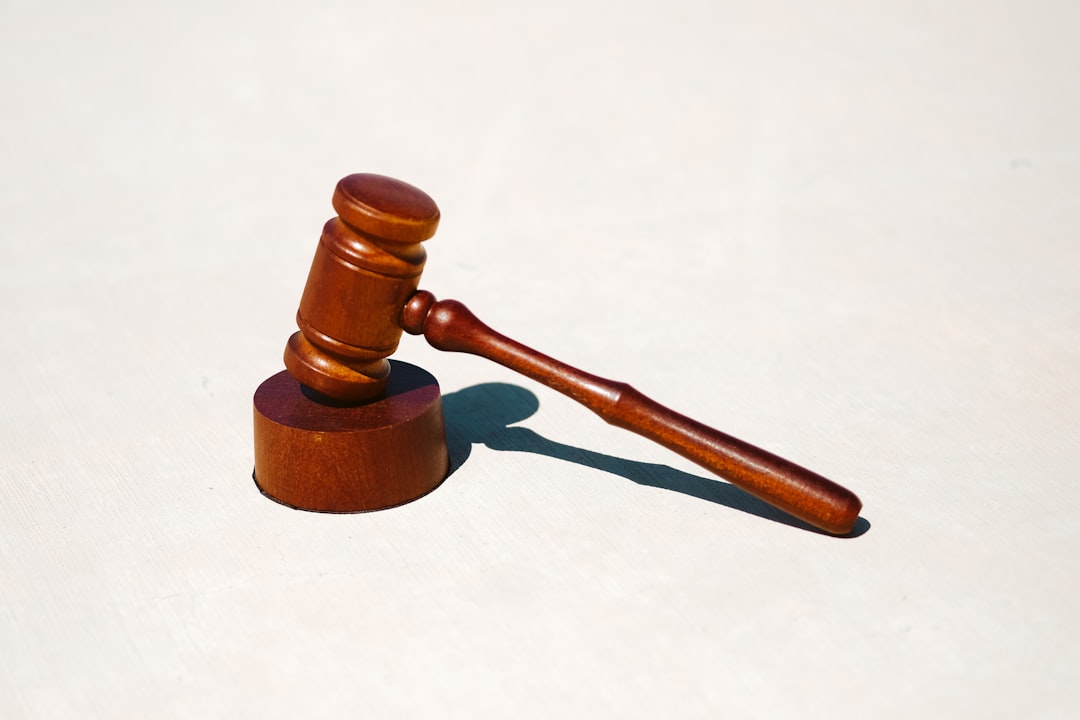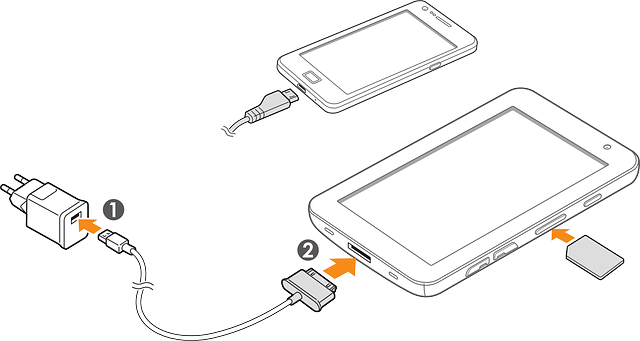Robocalls are a growing concern for small businesses in North Carolina, with strict regulations under the Telephone Consumer Protection Act (TCPA) and state laws. To avoid legal repercussions, including fines, and protect their brand reputation, businesses should consult a lawyer specializing in TCPA NC. These experts guide operations through complex legal landscapes, offering solutions like cease-and-desist letters, representation in disputes, and best practices for blocking unwanted automated calls, ensuring compliance and customer satisfaction.
In the digital age, small businesses in North Carolina face a growing challenge from robocalls, which can disrupt operations and harm customer relationships. Understanding the Telephone Consumer Protection Act (TCPA) and its legal protections is crucial. This article explores how these automated calls impact local businesses, highlights the role of a lawyer specializing in TCPA NC, and offers strategies to combat unwanted robocalls, ensuring compliance and peace of mind for entrepreneurs. For North Carolina business owners, navigating this complex issue requires expert guidance from a qualified lawyer for TCPA NC.
Understanding Robocalls and the TCPA

Robocalls, automated phone calls that deliver pre-recorded messages en masse, have become a ubiquitous yet often unwanted part of modern communication. For small businesses in North Carolina, these automated calls pose significant challenges, particularly when they violate the Telephone Consumer Protection Act (TCPA). The TCPA, enforced by the Federal Communications Commission (FCC), regulates telemarketing practices and grants consumers the right to sue for damages if their privacy is invaded through unwanted robocalls.
In North Carolina, businesses must comply with not only federal regulations but also state laws that further protect consumers from intrusive phone marketing. A lawyer specializing in TCPA cases can help small businesses navigate these complex legal landscapes, ensuring compliance and providing guidance on how to minimize the risk of costly litigation. By understanding their rights and obligations under the TCPA, North Carolina businesses can better protect themselves and focus on serving their customers rather than dealing with robocall-related issues.
The Impact on Small Businesses in North Carolina

Robocalls have become a significant challenge for small businesses in North Carolina, impacting their operations and bottom lines. With the Telephone Consumer Protection Act (TCPA) in place, businesses must navigate strict regulations to avoid legal repercussions. A single violation can lead to substantial fines, posing a financial burden on already struggling enterprises. Many small business owners feel trapped, unsure of how to stop these automated calls without incurring legal costs.
In North Carolina, where competition is fierce, every advantage matters. Unwanted robocalls disrupt customer interactions, damage brand reputation, and reduce consumer trust. Small businesses, often with limited resources, struggle to keep up with the ever-evolving methods of telemarketing. Seeking legal counsel from a TCPA NC expert becomes crucial for understanding rights, obligations, and the best strategies to mitigate these calls effectively.
Legal Protections: A Lawyer's Role Under TCPA NC

In North Carolina, the Telephone Consumer Protection Act (TCPA) provides significant legal protections against robocalls, especially for small businesses that are frequent targets. If your business is plagued by unwanted automated calls, consulting a lawyer specializing in TCPA NC can be immensely beneficial. They have the expertise to help navigate this complex legislation and enforce your rights.
Under the TCPA, businesses must obtain prior express consent from consumers before making automated or prerecorded phone calls for marketing purposes. A qualified lawyer will ensure that your business complies with these regulations and can represent you in the event of a legal dispute related to robocalls. They can also assist in drafting cease-and-desist letters and taking necessary actions against violators.
Strategies to Combat Unwanted Robocalls

Small businesses in North Carolina face a significant challenge with robocalls, which can disrupt operations and customer interactions. To combat this issue, several strategies can be employed. First, consider implementing robust phone systems that offer advanced call screening and blocking features. Many modern solutions allow for identifying and automatically discarding unwanted calls, ensuring only genuine leads reach your business.
Additionally, consulting with a lawyer specializing in TCPA (Telecommunication Consumer Protection Act) NC can provide valuable insights. Legal advice can help businesses understand their rights and the best practices to deal with robocalls. This may include registering complaints with telecommunications regulators and seeking legal recourse against persistent violators to protect your operations from these annoying intrusions.






